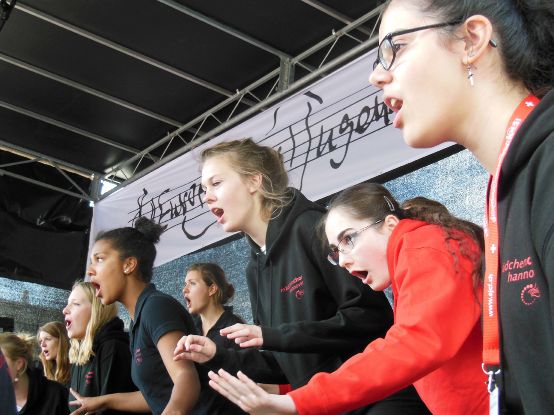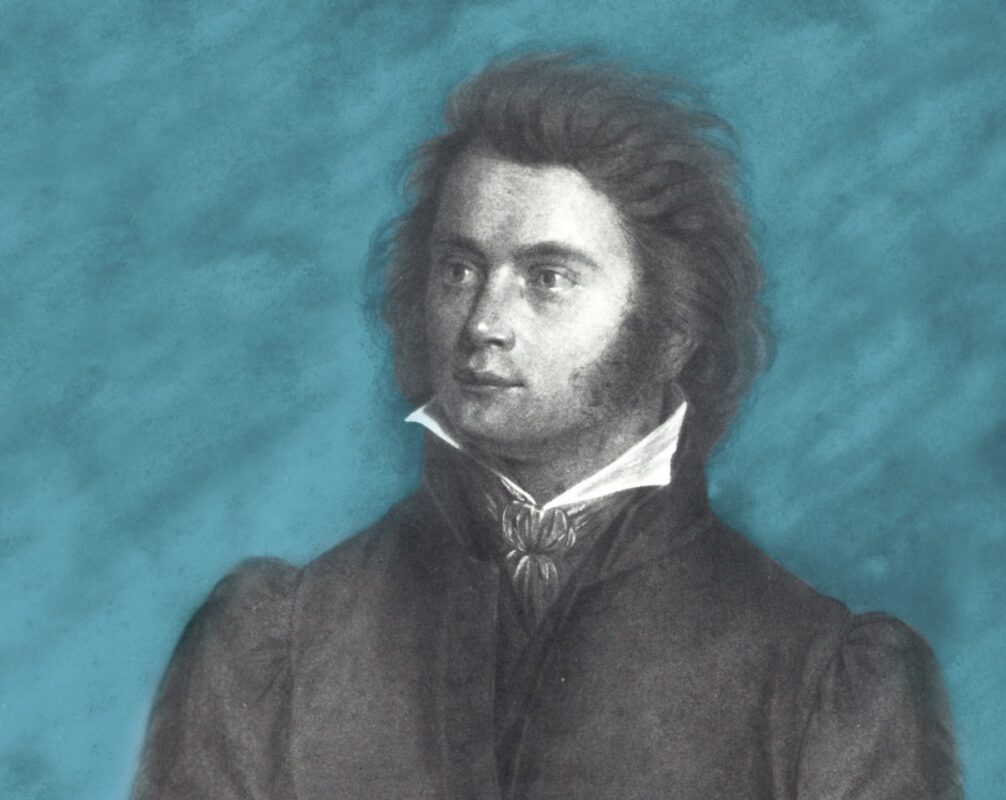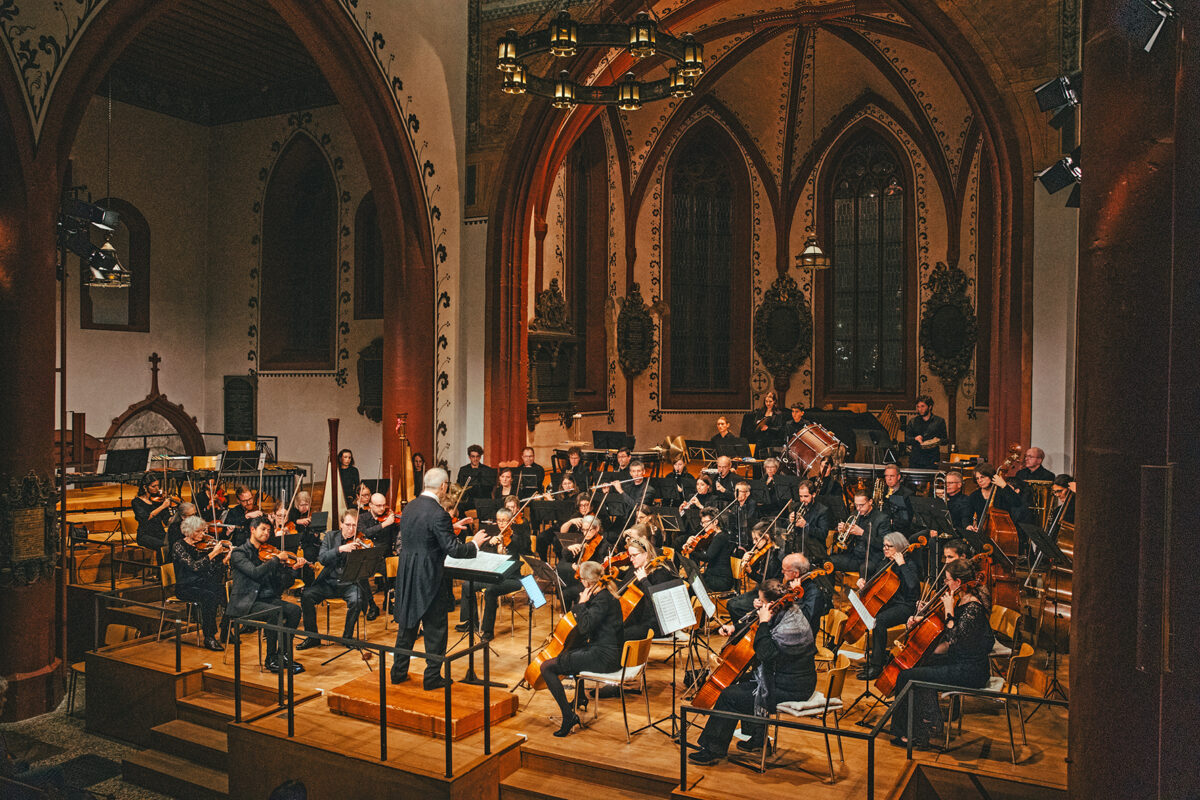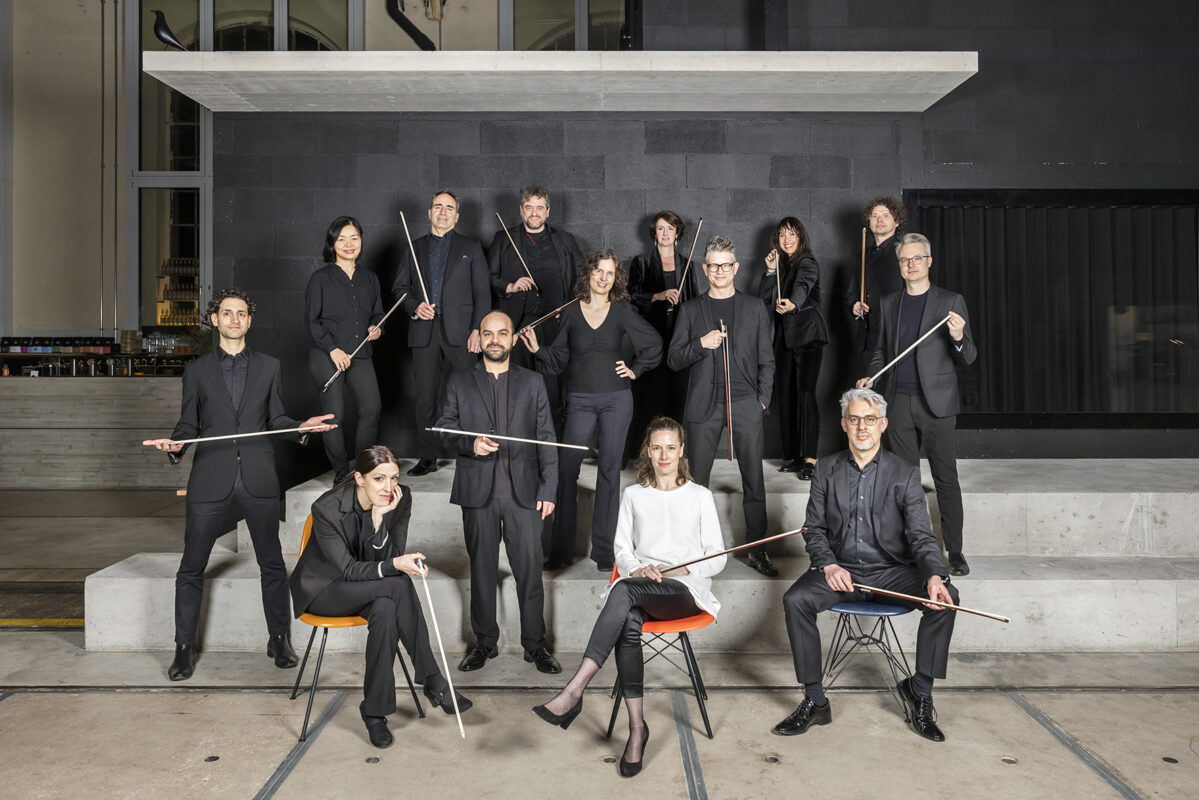International rendezvous of the singing youth
From May 28 to June 1, the European Youth Choir Festival in the Basel region attracted a broad, large and enthusiastic audience with high-quality concerts.

There was swing, Moravian songs, yodeling mixed with rap elements and pantomime or traditional English choral literature for boys. It was striking how often performances were enriched by choreographic elements and pantomimes, which the young actors performed with obvious joy and commitment.
The encounter between different cultures was interesting: the Innerrhoden costumes of the Hitzigen Choir from Appenzell mingled with the dark suits of the New Dublin Voices, for example. The choral literature of the other country was explored together on the podium and during the evening get-together. The Little Singers of Armenia, for example, taught their American and German colleagues an Armenian musical comedy after their performance.
The organizers around Kathrin Renggli, who masterfully organized the big event, were lucky with the weather on Saturday: in Basel's city centre, the ensembles provided a singing spectacle on six large open-air stages in bright sunshine. Even from a distance, people were drawn to the sounds coming from the youthful throats, and many curious spectators gathered around the stages. Astonished children as well as adults of all ages could be seen. The open-air street festival was a major attraction and a perfect advertisement for singing.
The final concert was exemplary for the entire European Youth Choir Festival 2014, an impressive event that took place as a Sunday matinee at the Theater Basel and once again united all the ensembles. Nineteen formations from all over Europe sang their favorite work, introduced and carefully moderated by Salome Kornfeld and Clemens Staub.
As soon as you entered the theater hall, you were overwhelmed by the abundance of young and old singers who had taken their places on the stage and almost completely filled it. The organization of the extensive matinee was top-notch, the songs performed were of high quality and often cleverly choreographed.
The matinee soon turned out to be a concert lasting around three hours, but thanks to the short schedule and varied program, it was never boring. For example, the children's and youth choir Coro Clairière Lugano, dressed in colorful shirts and with pantomime charm, sang the Lambrett TwistThe Choristers of Jesus College Cambridge followed in their traditional red robes with a beautiful harmonious sound and the traditional English song How Can I Keep From Singing?
Singing boys
In general, the "singing boys", to whom this year's festival motto was dedicated, provided special highlights and a little melancholy, as they are unfortunately becoming increasingly rare. Yet boys' and young men's voices have a lot to offer, such as the local hero, the Basel Boys' Choir of around seventy members under the direction of Markus Teutschbein, with the first movement of Leonard Bernstein's rhythm-steeped Cicester Psalm proved. It would be nice if there were more male singing enthusiasts again.
The choral literature performed was as colorful as the performers in their costumes. Whether It's all one thing of the Basel Girls' Choir, the Moravian Dúbravěnko zelenká of the Motýli Sumperk children's choir, or the Islenskt rapp of the Hamrahlíd youth choir from Iceland, one was amazed at the works on offer, often arranged, in some cases even by the conductors themselves for their ensembles. It was not only the singing youth that was an experience, but also the fiery commitment of the choir conductors, who achieved something almost unbelievable. They prepared their protégés for the big event with enthusiasm and high motivation.
A special musical treat was certainly the Student Choir of the Belarus State Academy of Music, which performed the piece Gostcik of its choir member Andrej Savritsky with subtle, highly differentiated singing. The Hanover Girls' Choir also belongs to the elite with its incredible sound and stringent training, thanks to which more and more girls make the leap to becoming singers. And then, of course, the final song Music is everywhere by Ivo Antognini, which rang out from hundreds of throats, including the audience in the chorus - a splendid finale!








